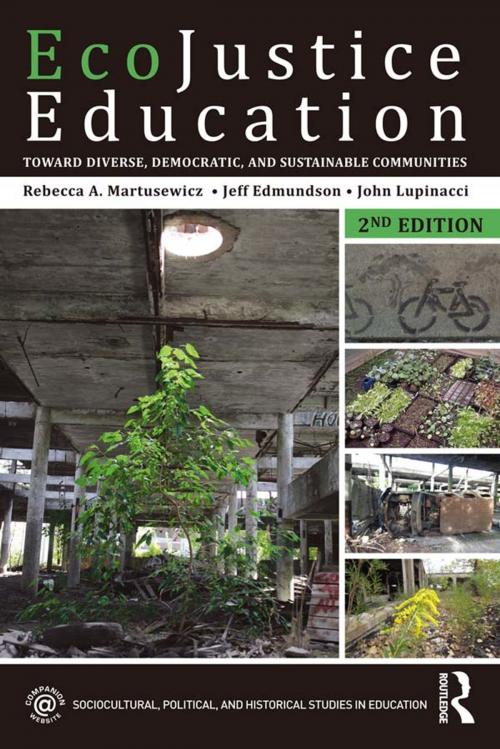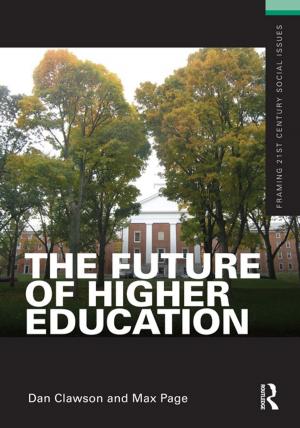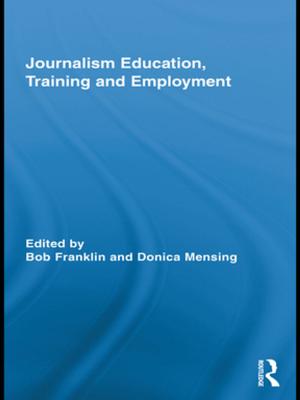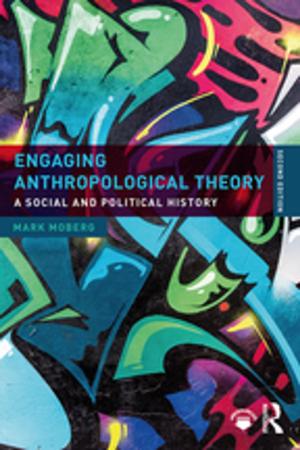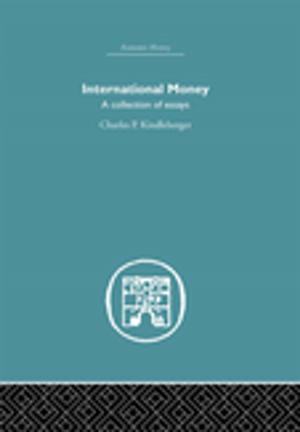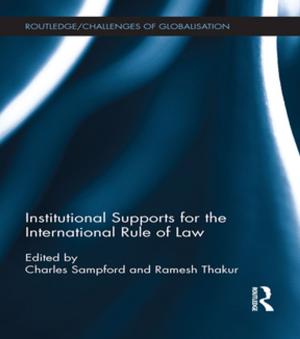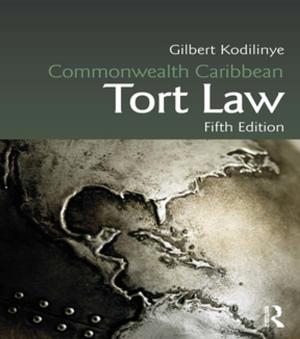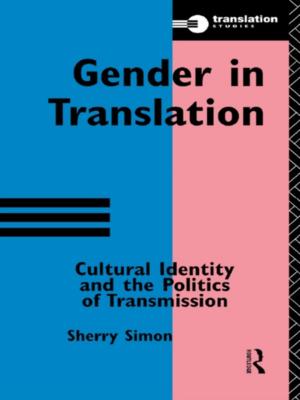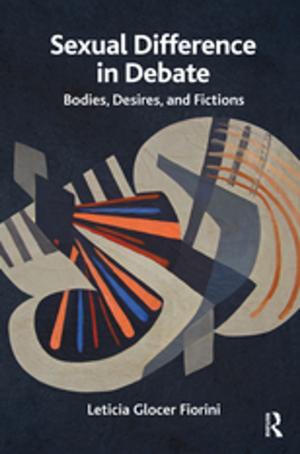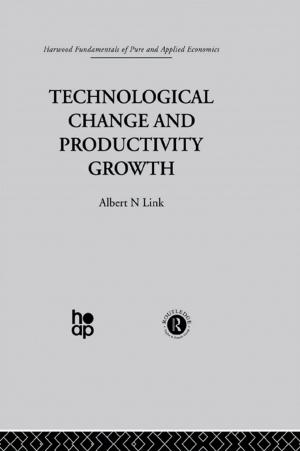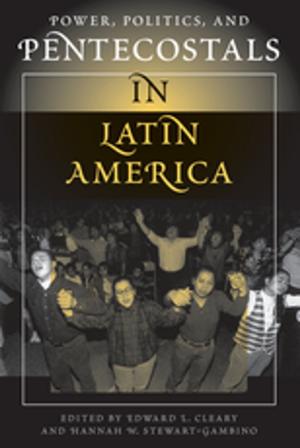EcoJustice Education
Toward Diverse, Democratic, and Sustainable Communities
Nonfiction, Reference & Language, Education & Teaching, Educational Theory, Multicultural Education, Aims & Objectives, Philosophy & Social Aspects| Author: | Rebecca A. Martusewicz, Jeff Edmundson, John Lupinacci | ISBN: | 9781317699637 |
| Publisher: | Taylor and Francis | Publication: | August 21, 2014 |
| Imprint: | Routledge | Language: | English |
| Author: | Rebecca A. Martusewicz, Jeff Edmundson, John Lupinacci |
| ISBN: | 9781317699637 |
| Publisher: | Taylor and Francis |
| Publication: | August 21, 2014 |
| Imprint: | Routledge |
| Language: | English |
EcoJustice Education offers a powerful model for cultural ecological analysis and a pedagogy of responsibility, providing teachers and teacher educators with the information and classroom practices they need to help develop citizens who are prepared to support and achieve diverse, democratic, and sustainable societies in an increasingly globalized world. Readers are asked to consider curricular strategies to bring these issues to life in their own classrooms across disciplines. Designed for introductory educational foundations and multicultural education courses, the text is written in a narrative, conversational style grounded in place and experience, but also pushes students to examine the larger ideological, social, historical, and political contexts of the crises humans and the planet we inhabit are facing.
Pedagogical features in each chapter include a Conceptual Toolbox, activities accompanying the theoretical content, examples of lessons and teacher reflections, and suggested readings, films, and links. The Second Edition features a new chapter on Anthropocentrism; new material on Heterosexism; updated statistics and examples throughout; new and updated Companion Website content.
EcoJustice Education offers a powerful model for cultural ecological analysis and a pedagogy of responsibility, providing teachers and teacher educators with the information and classroom practices they need to help develop citizens who are prepared to support and achieve diverse, democratic, and sustainable societies in an increasingly globalized world. Readers are asked to consider curricular strategies to bring these issues to life in their own classrooms across disciplines. Designed for introductory educational foundations and multicultural education courses, the text is written in a narrative, conversational style grounded in place and experience, but also pushes students to examine the larger ideological, social, historical, and political contexts of the crises humans and the planet we inhabit are facing.
Pedagogical features in each chapter include a Conceptual Toolbox, activities accompanying the theoretical content, examples of lessons and teacher reflections, and suggested readings, films, and links. The Second Edition features a new chapter on Anthropocentrism; new material on Heterosexism; updated statistics and examples throughout; new and updated Companion Website content.
